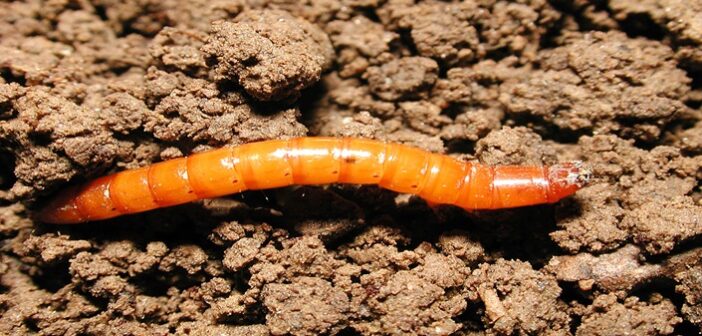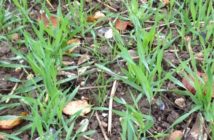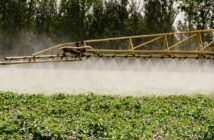Although only halfway through its investigation into sustainable wireworm control, the Fera-led R&D project, Enigma I, is reporting impressive results.
Over 1,100 samples of click beetles have been collected on-farm by project partners, such as Syngenta, G’s Growers, Pearce Seeds, Blackthorn Arable, Elveden Farms and Inov3PT, enabling Fera scientists to analyse differences in species and damage patterns, a pest responsible for significant annual yield losses in root vegetable and salad crops.
Using these insights and cutting-edge analysis methods, the scientists have developed a photographic key to help growers identify, monitor and control wireworm populations more accurately.
Enigma I partner, Martyn Cox, a specialist agronomist and owner of Blackthorn Arable, explains how growers are benefitting from the scientific expertise at the heart of the R&D model.
“Before becoming involved in the Enigma project, we had a good idea on the direction needed to control wireworm, but the industry was desperate for a greater understanding of the pest, to help us come up with more effective management strategies and minimise commercial risk.”
Encouraging others to support upcoming Enigma research projects, Mr Cox says Enigma I partners are impressed with how the market-focussed scientists have delivered fast-paced progress.
“The Fera team’s scientific rigour and expertise has been world-class,” he says.
“The scientists are working with us a on a peer-to-peer level and totally get what we’re trying to achieve on-the-ground.”
These joined-up efforts have been crucial to changing the status quo for IPM, he adds.
“Insights from the Enigma I research have helped us develop an on-farm Integrated Pest Management (IPM) policy I’m proud of, and this will help achieve better wireworm control.”
Adam Bedford, projects director at Fera Science, is eager to apply the transferrable lessons from Enigma I to help solve other pressing agri-food challenges.
“Our upcoming projects, Enigma II and III, will again bring growers and scientists together to address knowledge gaps more effectively. This time, with the aim of upholding productivity and food safety in fresh produce crops,” he explains.
“Through Enigma II, we’ll be working with key players across the UK tomato industry, to improve sector-wide management of Tomato Brown Rugose Fruit Virus (ToBRFV), investigate varieties resistant to the disease and help prevent crop losses.”
The next research project, Enigma III, is being driven by the need to ensure the highest levels of food safety across the fresh produce sector, and to give further confidence to vertical and controlled environment farming companies and retailers.
It will involve developing industry-led, scientifically validated guidance on food safety issues, Mr Bedford explains.
“In partnership with the Fresh Produce Consortium (FPC) and Scotland’s Rural College (SRUC), we’ll be working hand-in-hand with vertical farming companies to further develop effective food safety guidance they can implement.
“This will help the supply chain realise the benefits of precision-driven food production while continuing to ensure consumer safety.
“We’re keen to ensure the research outcomes deliver practical support for growers, and welcome organisations in the fresh produce supply chain to partner with us on Enigma II or III,” he adds.
Growers wanting to join Enigma projects, or who want more information are advised to visit: https://www.fera.co.uk/our-science/enigma-research-model




